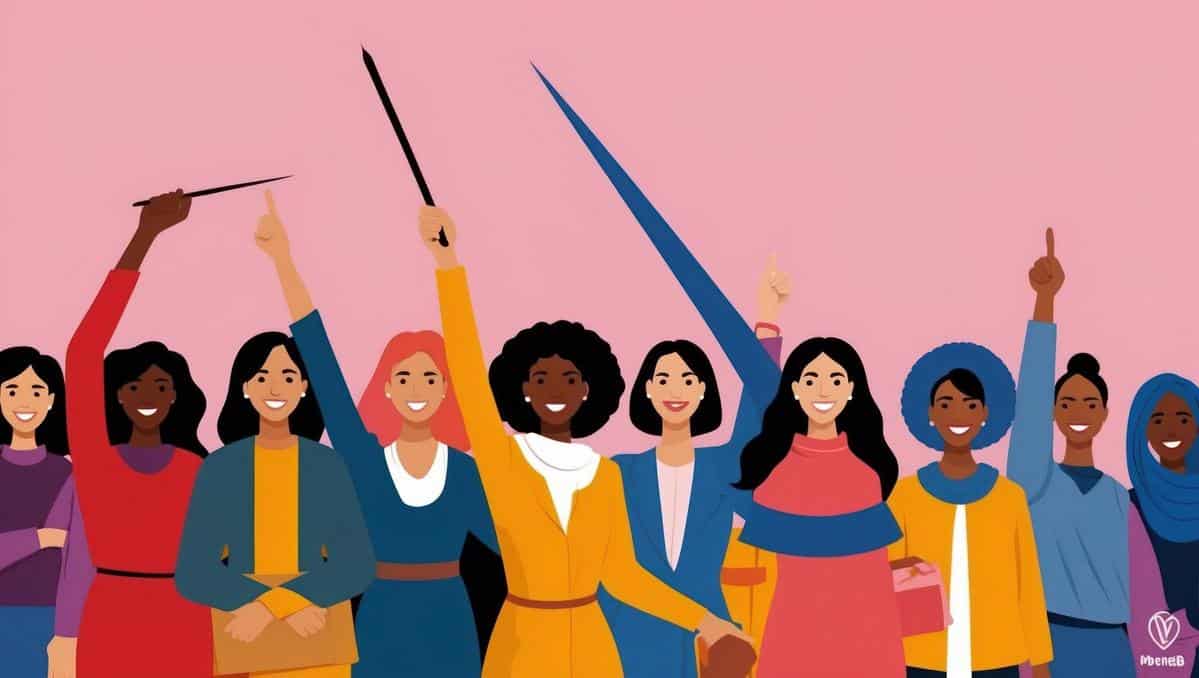
Empowerment Through Education: Girls’ Rights Worldwide
Education is a fundamental right that empowers individuals and transforms societies, yet millions of girls worldwide still face barriers to accessing quality education. Addressing these challenges is crucial for achieving gender equality and empowering the next generation of female leaders.
Education is the cornerstone of empowerment, particularly for girls who have historically been marginalized. When girls are educated, they gain the skills and confidence needed to participate fully in society and make informed decisions about their lives.
The Impact of Education on Girls
According to UNESCO, over 130 million girls worldwide are out of school. The impact of this educational gap is profound: educated girls are less likely to marry early, more likely to earn higher incomes, and more likely to invest in their communities. The ripple effect of educating girls can lead to healthier families, stronger economies, and more stable societies.
Expert Opinions
Malala Yousafzai, a prominent advocate for girls’ education, emphasizes, “One child, one teacher, one book, one pen can change the world.” This highlights the transformative power of education in fostering change.
Barriers to Girls’ Education
- Poverty: Many families cannot afford school fees or supplies.
- Societal Norms: In some cultures, educating girls is not prioritized.
- Lack of Facilities: Insufficient infrastructure can prevent girls from attending school.
- Safety Concerns: Girls may face harassment or violence on their way to school.
Actionable Steps to Support Girls’ Education
- Advocate for policy changes that prioritize girls’ education.
- Support organizations that provide scholarships and resources.
- Raise awareness about the importance of educating girls in your community.
- Encourage local businesses to support educational initiatives.
Case Studies: Empowerment in Action
Consider the story of Amina from Kenya, who, through a scholarship program, was able to complete her secondary education and now advocates for girls’ rights in her community. Her journey illustrates the profound impact that access to education can have.
Resources and Support
| Resource | Description | Link |
|---|---|---|
| UNESCO | Provides global education statistics and reports. | Visit UNESCO |
| Malala Fund | Supports education projects in countries where girls face the greatest challenges. | Visit Malala Fund |
| Plan International | Works to advance children’s rights and equality for girls. | Visit Plan International |
| Girls Not Brides | A global partnership to end child marriage. | Visit Girls Not Brides |
| Room to Read | Focuses on literacy and gender equality in education. | Visit Room to Read |
| UNICEF | Champions the rights and wellbeing of every child. | Visit UNICEF |
| CARE International | Fights global poverty and supports education. | Visit CARE International |
| Global Partnership for Education | Supports developing countries to ensure quality education for all. | Visit Global Partnership for Education |
FAQs
Why is girls’ education important?
Educating girls leads to economic growth, reduces poverty, and promotes gender equality.
What are common barriers to girls’ education?
Some barriers include poverty, cultural norms, lack of facilities, and safety concerns.
How can individuals support girls’ education?
Individuals can advocate for policy changes, support relevant organizations, and raise awareness in their communities.
Conclusion
Empowering girls through education is not just a moral obligation but a strategic investment in our future. By removing barriers and creating opportunities for girls to learn, we pave the way for a more equitable and prosperous world. Let us all play our part in championing girls’ rights and ensuring that every girl has access to quality education.


